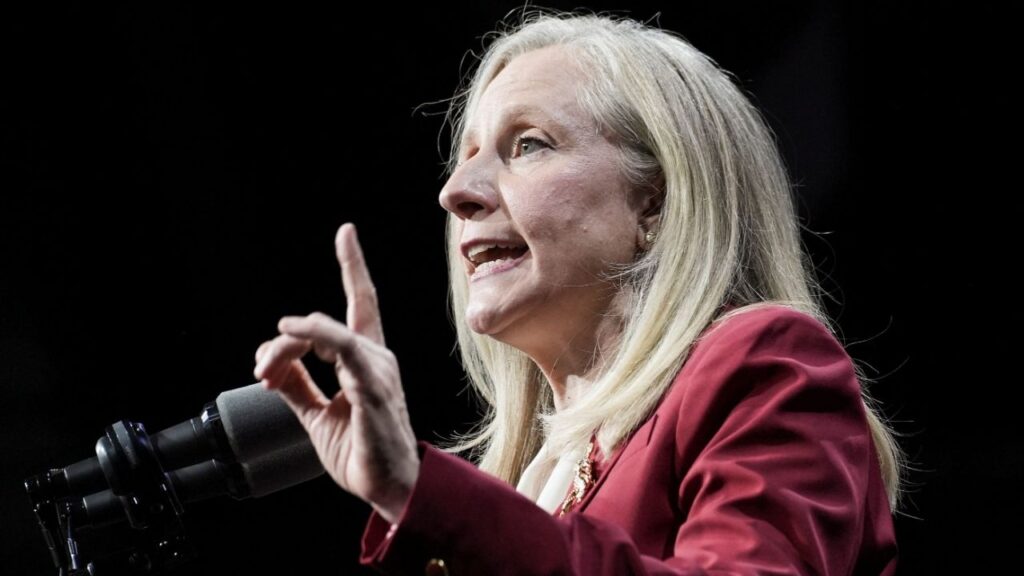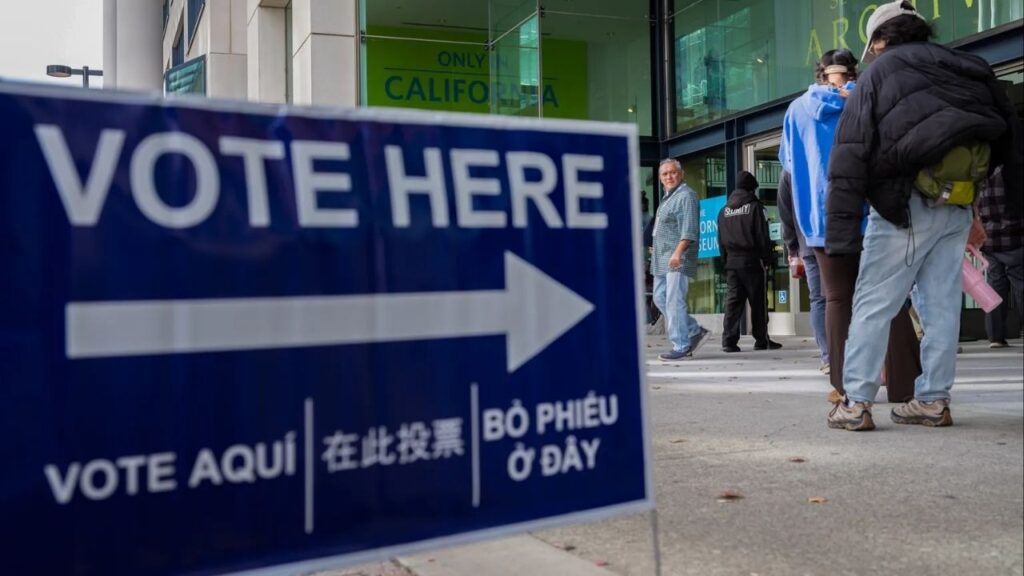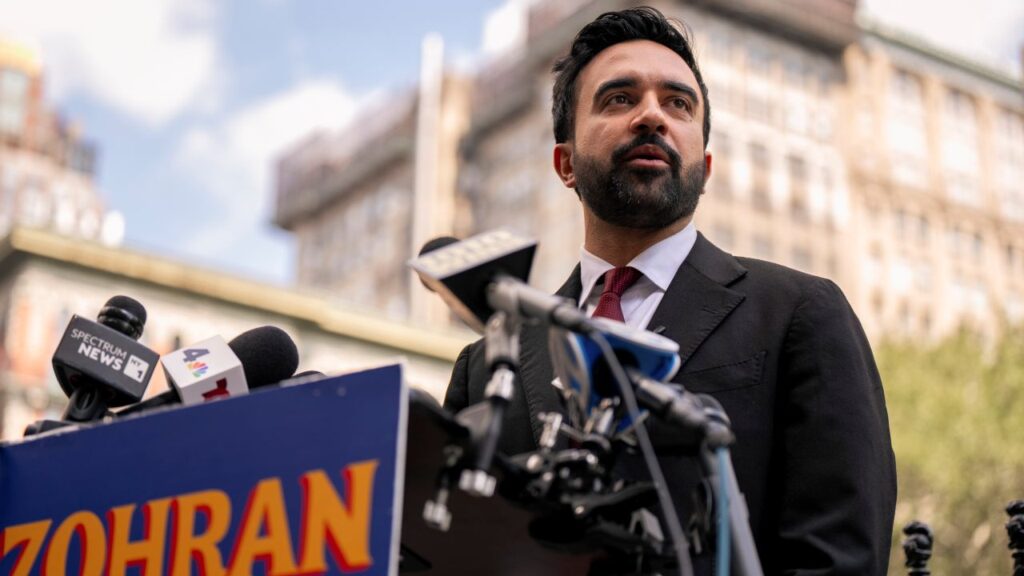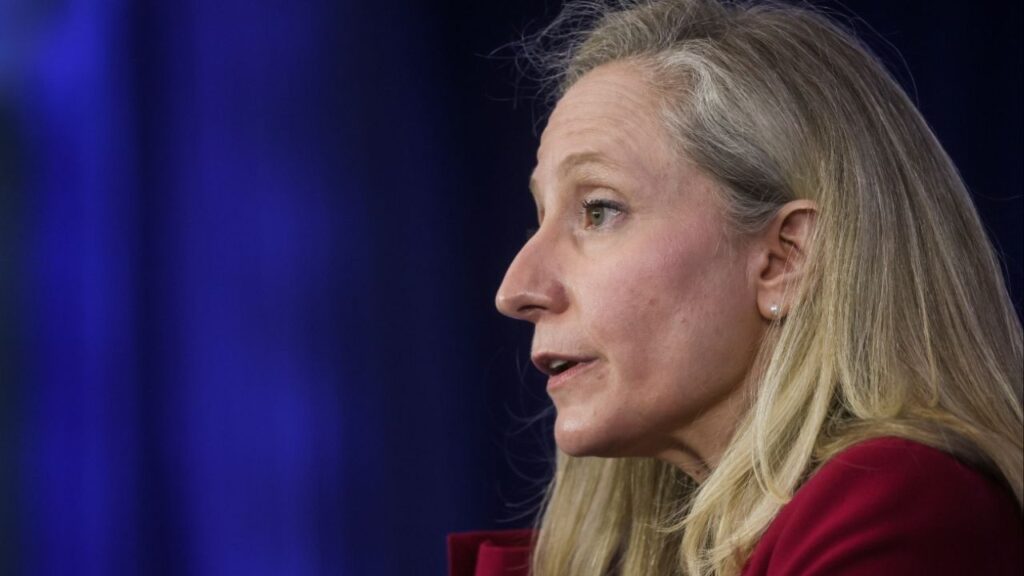Transgender military personnel face a deadline to leave voluntarily or risk forced discharge under Trump's ban. (Shutterstock)

- Many transgender troops choose to stay and fight the ban rather than accept voluntary separation.
- Pentagon estimates about 4,200 trans service members serve across all military occupations.
- Military faces questions about how to identify and discharge troops who refuse to leave voluntarily.
Share
The Trump administration gave transgender troops an ultimatum this spring when it announced that it wanted them all out of the military. Leave voluntarily and get an honorable discharge and extra separation pay, or wait to be forced out and potentially face negative repercussions.
Now, the deadline for making that choice is here, and many trans troops say they will stay and fight.
Katie Benn is a captain in an Army air defense battalion at Fort Campbell, Kentucky. This spring, she briefly considered giving in and taking the separation pay — worth about $60,000 for her. But then she remembered a part of the Soldier’s Creed that she had repeated many times in her career: “I will always put mission first, I will never accept defeat, I will never quit.”
“Those are not just words to me — I’ve lived them,” she said this week. “I’ve been in the Army for 12 1/2 years. I’ve deployed all over the world. I can’t just quit.”
Benn decided to stay. She plans to apply for a waiver that would allow her to keep serving. If she is turned down, she said she would demand to go in front of an Army review board and have it explain why a decorated officer and a top graduate of the captains career course should be thrown out.
“I love my country, I love the Army, I love my soldiers that I work with every day,” she said. “I will continue serving so long as I am able — end of story.”
Pentagon Estimates 4,200 Trans Service Members Affected
The Pentagon has said that there are about 4,200 trans service members — about 0.2% of the total force. They have been serving openly since 2016 in all kinds of military occupations: pilots, flight nurses, nuclear reactor supervisors, special operations medics, infantry leaders, explosive experts, cyberwarfare technicians, intelligence analysts.
In the first days of President Donald Trump’s second term, he issued an executive order barring anyone who is transgender from military service, saying that being trans conflicts “with a soldier’s commitment to an honorable, truthful and disciplined lifestyle.”
Two groups of trans troops immediately sued, arguing that the order was discriminatory and based not on the needs of the military, but on animus. A federal judge issued an injunction in one of the cases in March that blocked the ban from taking effect, but the Supreme Court overturned that injunction in May, allowing it to go forward. Hours later, Defense Secretary Pete Hegseth told an audience gathered for Special Operations Forces Week, “No more dudes in dresses. We’re done with that shit.”
The Defense Department promised active-duty trans troops twice the usual separation pay if they agreed by June 6 to leave voluntarily. National Guard and Reserve troops have until July 7 to agree, but many of them are not eligible for the pay.
After the deadline, those who refuse to leave willingly will be pushed out and may have to repay bonuses they were given for enlisting, according to the Defense Department. It is unclear whether those troops would get less-than-honorable discharges or lose other benefits.
A Pentagon spokesperson said in May that 1,000 trans troops had put in for voluntary separation. The department refused to provide updated figures this week.
High Personal Cost for Those Who Stay
For those who are staying on, the cost can be high. Sgt. First Class Julia Becraft, who deployed to Afghanistan three times, led an Army infantry squad until the ban was announced. Since then, she has been sidelined by her battalion, because it expects her to soon be gone.
“I’m just here doing nothing until they make me go,” she said Thursday in a tearful telephone interview from Fort Cavazos, Texas.
Cmdr. Emily Shilling, a Navy fighter pilot who is president of the transgender military advocacy group SPARTA, said that about half the trans troops in the military appeared to be opting to leave voluntarily.
Shilling, one of the service members suing the government over the ban, helps oversee a large drone development program for the Navy. For years, she said, she passed up lucrative offers from the defense industry because she liked serving in uniform. But faced with the threat of an involuntary discharge that might affect the security clearances she needs to do certain work, she decided to leave.
“The idea that this is voluntary is absurd,” she said. “This is coercion.” She added: “I felt like if I wanted to keep fighting this fight, I could be more effective by leaving. I’ll have more freedom out of uniform to be an advocate.”
Unanswered Questions About Implementation
Now that the deadline for active-duty troops has arrived, there are unanswered questions about what comes next. How will the military identify people to discharge? What kinds of repercussions will they face? And what steps will the military take to find people who don’t want to be found?
A senior defense official who briefed reporters in May said that the military would rely on the periodic health checks troops already undergo to screen for gender dysphoria and that commanders with suspicions would be able to refer service members in their units for screening.
It is unclear whether the military will return to the approach it used when gay service members were banned: teams of agents who hunted for closeted troops through a system of snitching, sting operations and coercive interrogations.
The Trump administration says the ban is needed because trans troops disrupt morale and their medical transitions are a financial burden on military readiness.
Data suggests the military spends an average of $9,000 total on hormones and surgical procedures for each transgender service member — a speck in the $59 billion military health system budget. Government documents filed in one of the lawsuits said about half of the trans troops required no special medical care, and only a quarter received surgery. When pressed earlier this year in court, government lawyers were unable to present data that showed trans troops hurt morale or readiness.
There is still a small chance that the ban will be overturned, said Shannon Minter, a lawyer representing service members in one of the two suits challenging the ban. Though the Supreme Court has allowed the ban to take effect while litigation in one of the cases continues, an appeals court decision is still pending in the other.
“They are different cases based on different arguments, and even if it goes to the Supreme Court, they could decide differently,” Minter said of the second case.
Chief Warrant Officer 2 Jo Ellis, a helicopter pilot in the Virginia National Guard, said she understood why some trans troops have decided to leave, but she will not.
“I think they are just exhausted with fighting this, and with the uncertainty for their families and their financial future,” she said. “But for me, I’m going to stay in until they force me out. I want to sit down at my officer board and have them pull up my record and my medals, and know I’m totally capable of serving and that they are processing me for discharge for absolutely no reason.”
—
This article originally appeared in The New York Times.
By Dave Philipps
c. 2025 The New York Times Company
RELATED TOPICS:
Categories

Takeaways From US Election Night 2025



















